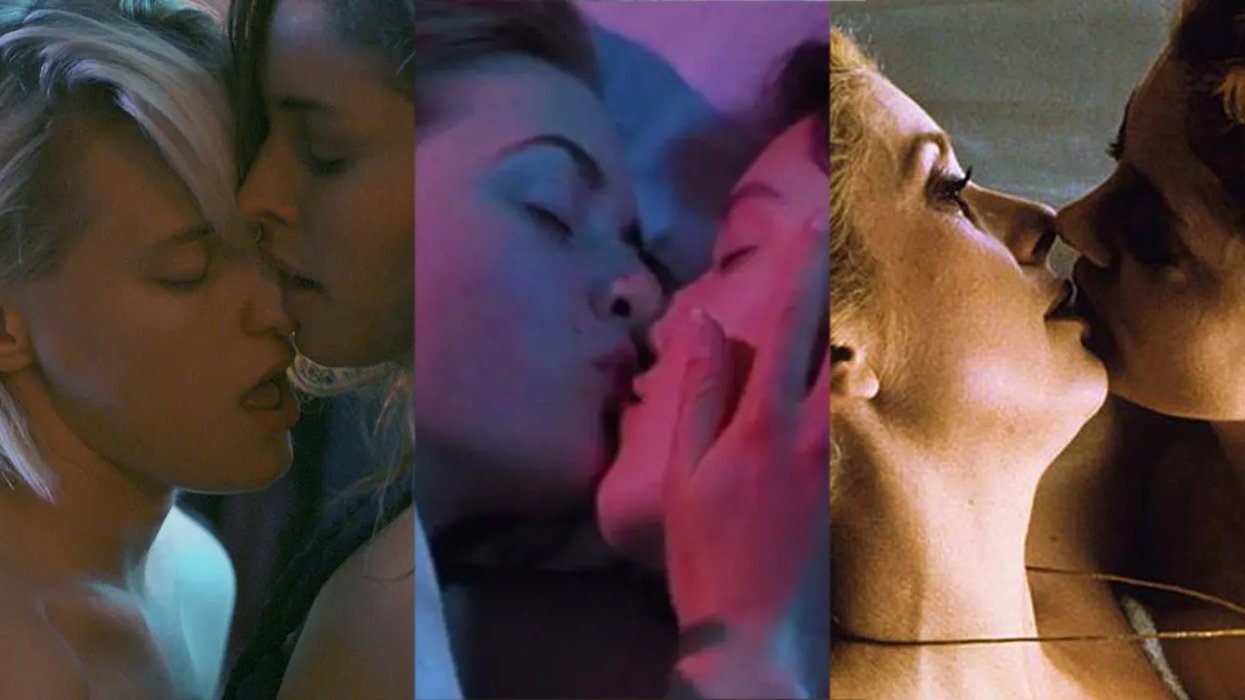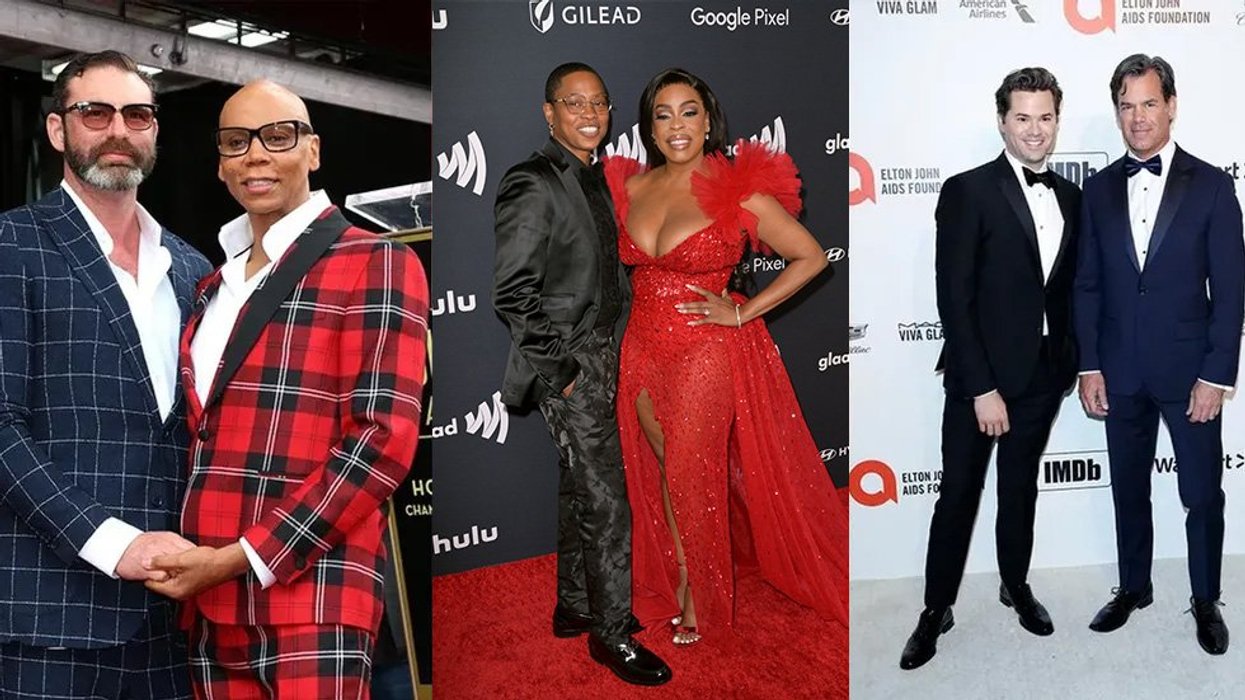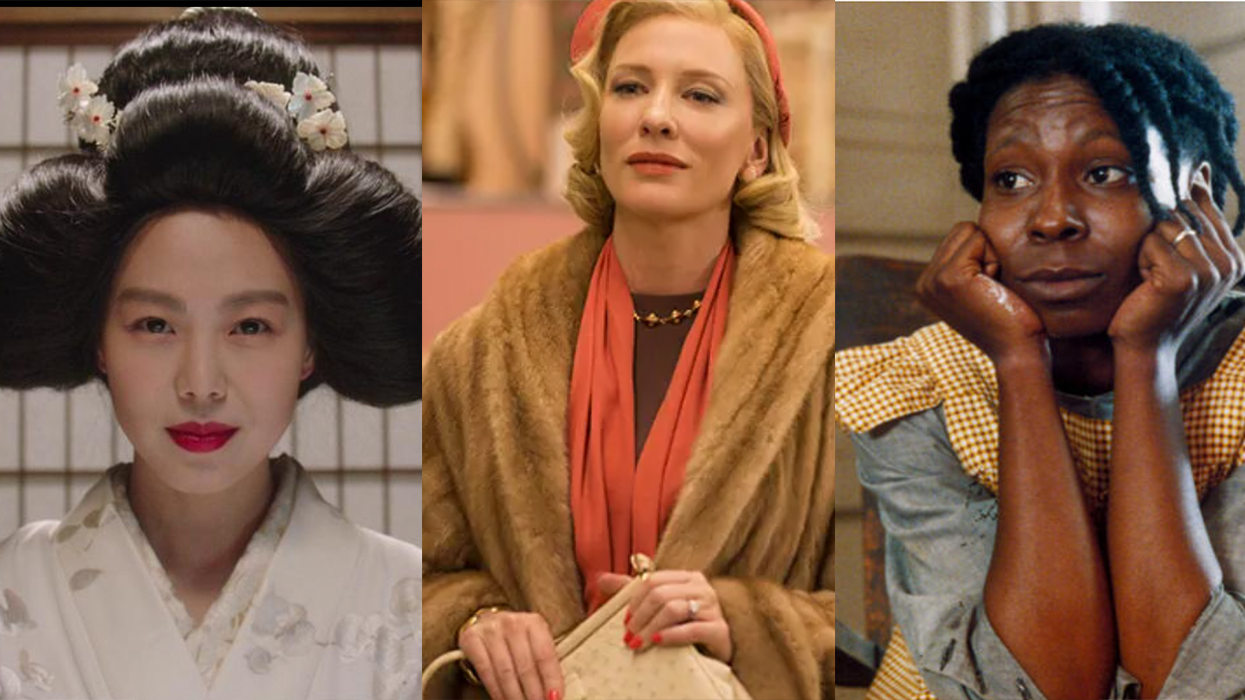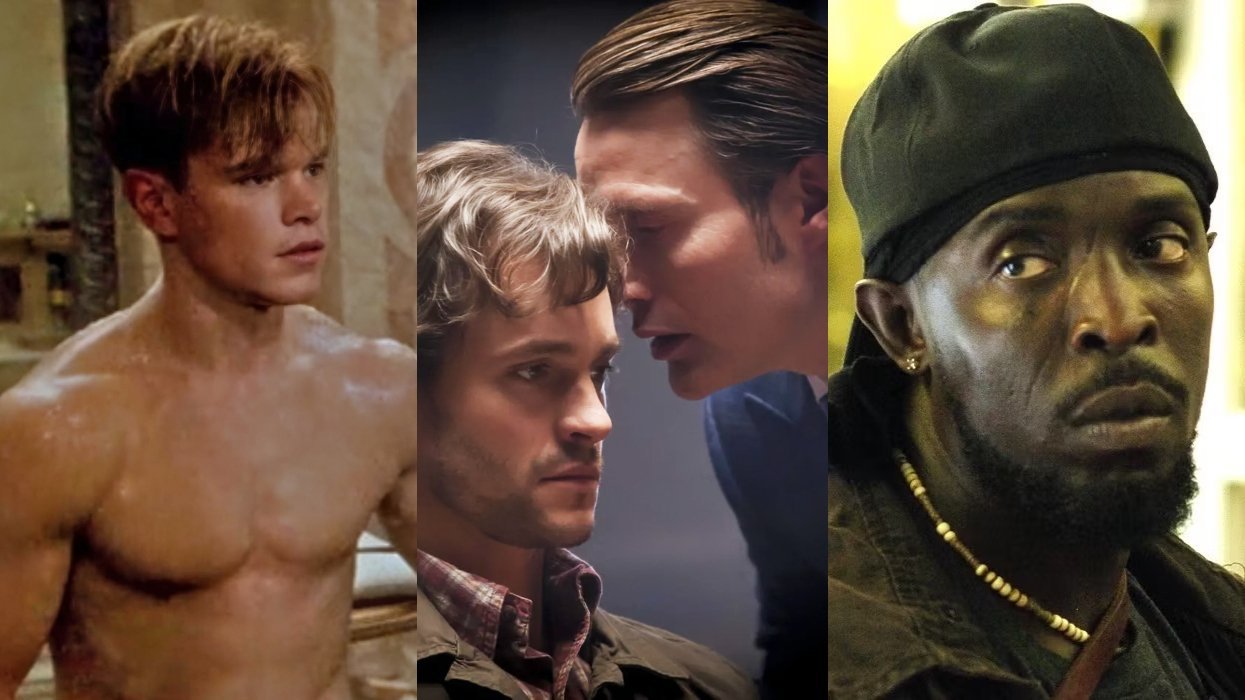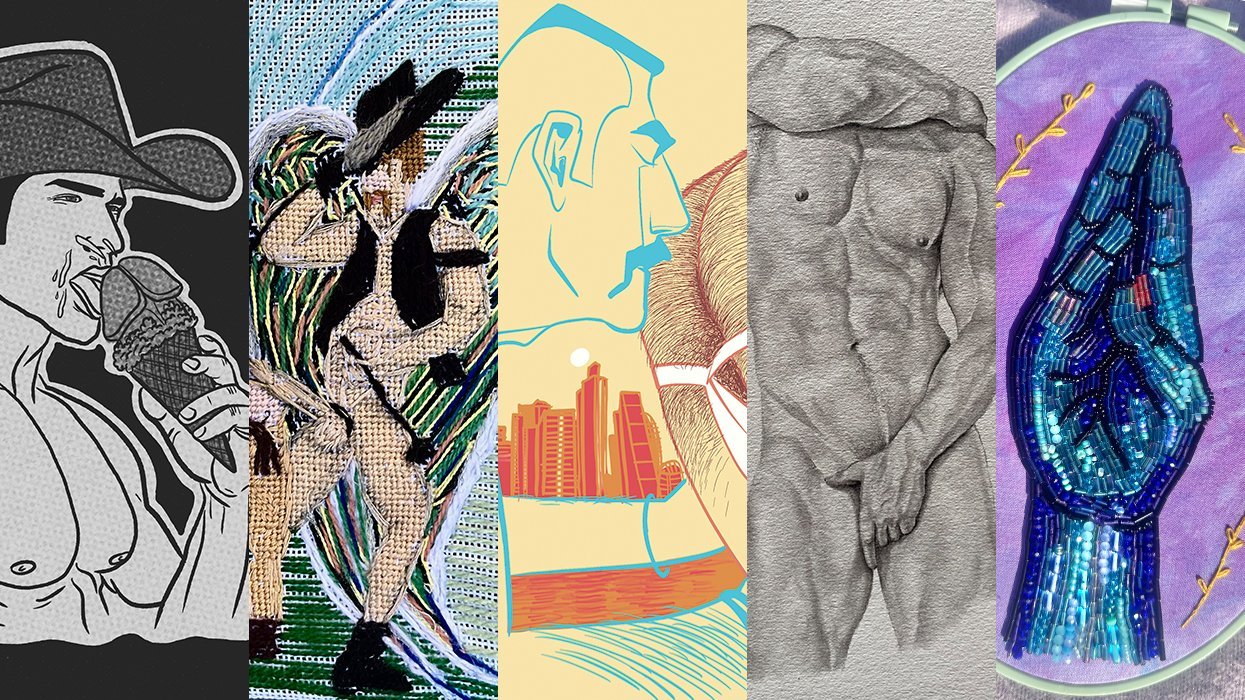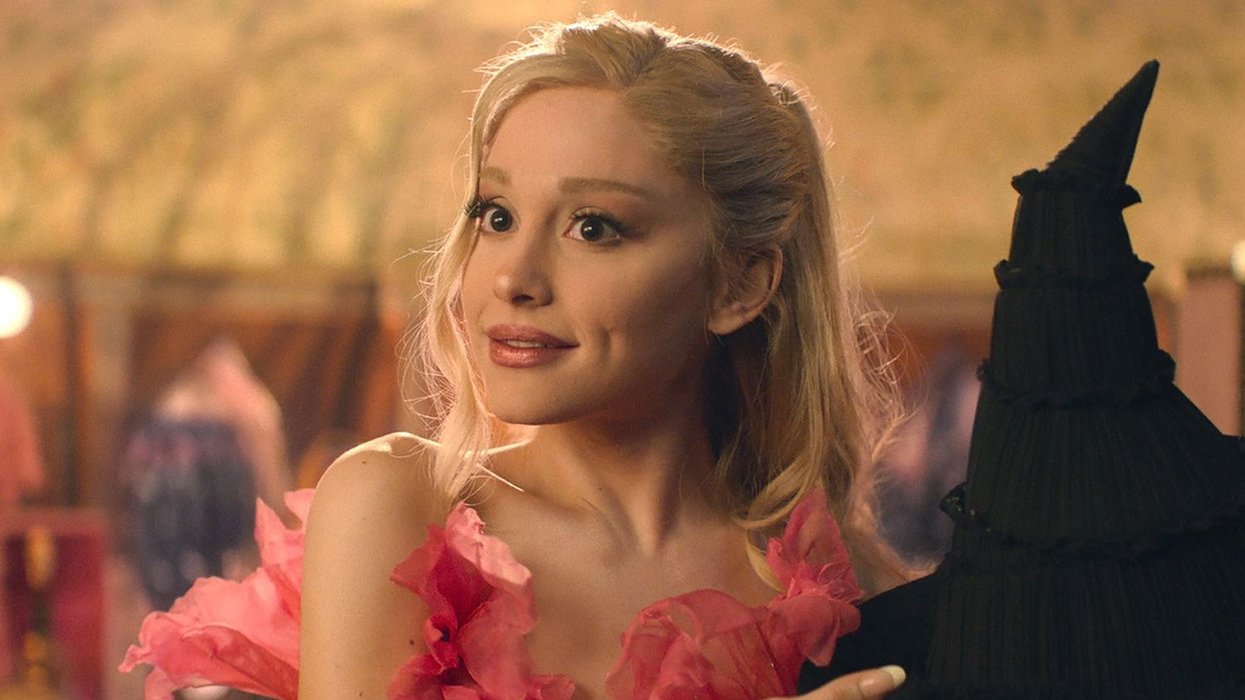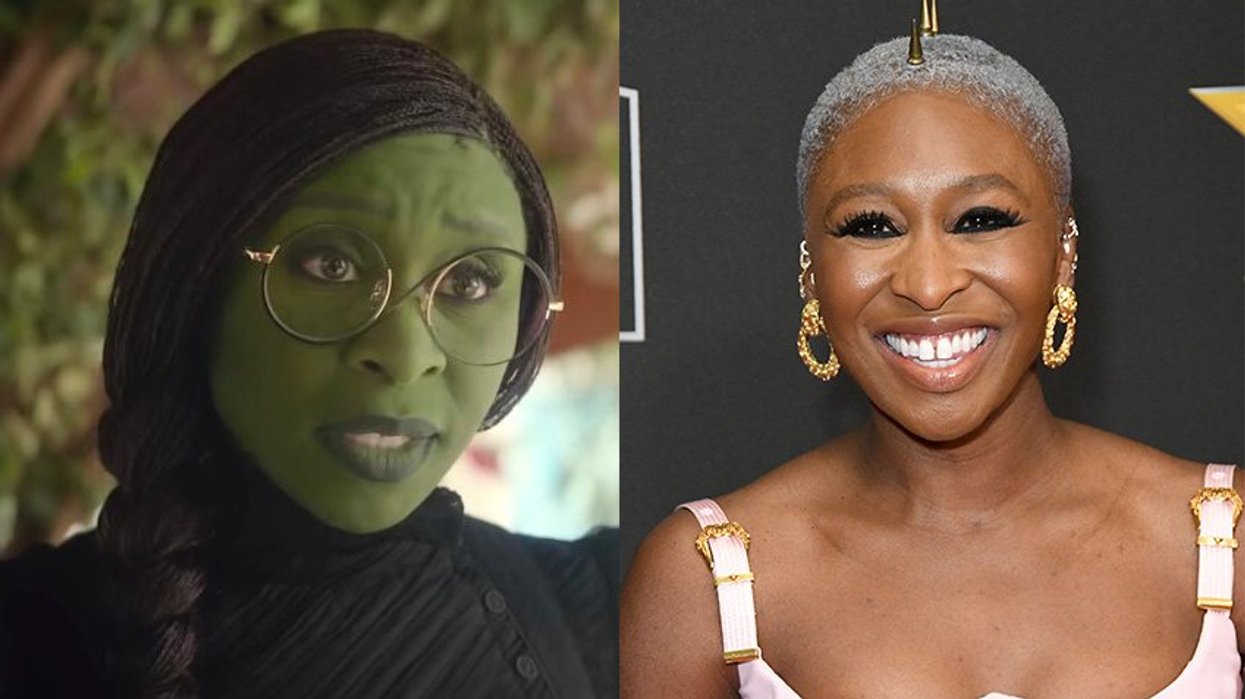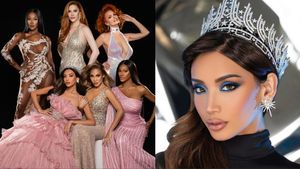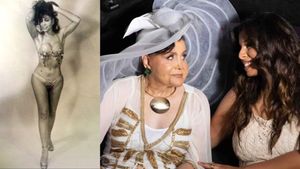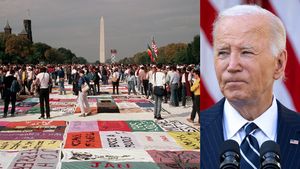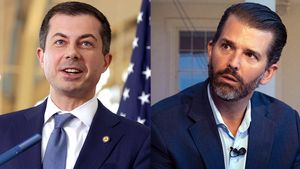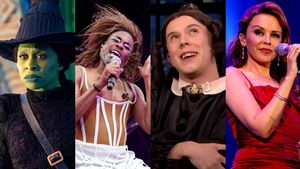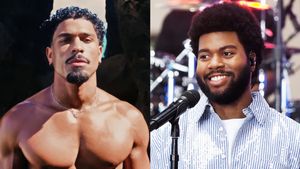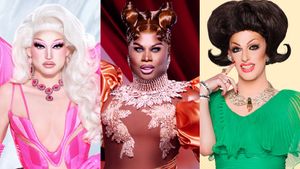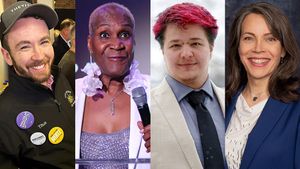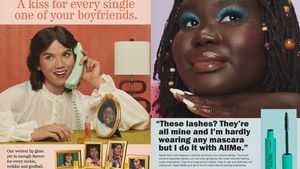February 1 begins Black History Month, a national annual observance since 1926, honoring and celebrating the achievements of African-Americans.
This February 1 the International Civil Rights Center and Museum (ICRCM) opened in Greensboro, North Carolina, to honor the courageous action of four African- American students. Their actions led to the Civil Rights Act of 1964, which mandated desegregation of all public accommodations.
Fifty years ago on February 1, 1960 the now ICRCM was a Woolworth's store and the site of the original sit-in where Ezell A. Blair Jr. (also known as Jibreel Khazan), David Leinhail Richmond, Joseph Alfred McNeil, and Franklin Eugene McCain from North Carolina Agricultural and Technical College (NC A&T), a historically black college, sat at its lunch counter as a form of non-violent direct action protesting the store's segregated seating policy. And as a result of their civil disobedience, sit-ins sprung up not only in Greensboro but throughout the South, challenging other forms of this nation's segregated public accommodations, including bathrooms, water fountains, parks, theaters, and swimming pools, to name a few.
If Dr. Carter Woodson, the Father of Black History, were alive today, he would be proud that the ICRCM opened this month.
However, for a younger generation of African- Americans as well as whites, whose ballots help elect this country's first African-American president, celebrating Black History Month seems outdated.
"Obama is post-racial. And Black History Month is old school," Josh Dawson (26) of New Hampshire tells me.
For many whites as well as people of color of Dawson's generation, Obama race was a "non-issue." And Obama's election encapsulated for them both the physical and symbolic representation of Martin Luther Kings' vision uttered in his historic " I Have a Dream" during the 1963 March on Washington.
"King said don't judge by the color of our skin, but instead the content of our character," Dawson continues.
In proving how "post-racial" Obama was as a presidential candidate, Michael Crowley of "The New Republic" wrote in his article "Post-racial" that it wasn't only liberals who had no problem with Obama's race but conservatives had no problem too, even the infamous ex-Klansman David Duke.
more on next page...
\\\
(continued)
"Even white Supremacists don't hate Obama," Crowley writes about Duke. "[Duke] seems almost nonchalant about Obama, don't see much difference in Barack Obama than Hillary Clinton--or, for that matter, John McCain."
For years, the celebration of Black History Month has always brought up the ire around "identity politics" and "special rights."
'If we're gonna have Black History Month, why not White History Month? Italian History Month? Chinese History Month?," Dawson questions.
During the George W. Bush years we saw the waning interest in "identity politics," creating both political and systematic disempowerment of marginalized groups, like people of color, women, lesbian, gay, bisexual, transgender and queer (LGBTQ) people. We also saw the gradual dismantling of affirmative action policies, like in 2003 when the Supreme Court split the difference on affirmative action, allowing the Bakke case on reverse discrimination to stand.
In celebrating Black History Month this year in what is now perceived by some to be one year in the "post-racial" era since Obama took office, I worry how we as a nation will honestly talk about race.
For example, During Black History Month in 2009 Holder received scathing criticism for his speech on race. His critics said the tone and tenor of the speech was confrontational and accusatory.
"Though this nation has proudly thought of itself as an ethnic melting pot," Holder said, "in things racial we have always been and continue to be, in too many ways, essentially a nation of cowards."
Within the African- American LGBTQ community, Black History Month has always come under criticism. And rightly so! The absence of LGBTQ people of African descent in the month-long celebration is evidence of how race, gender and sexual politics of the dominant culture are re-inscribed in black culture as well. It leads you to believe that the only shakers and movers in the history of people of African descent in the U.S. were and still are heterosexuals. And because of this heterosexist bias, the sheroes and heroes of LGBTQ people of African decent -- like Pat Parker, Audre Lorde, Essex Hemphill, Joseph Beam, and Bayard Rustin -- are mostly known and lauded within a subculture of black life.
However, the argument that celebrating Black History Month in 2010 is no more than a celebration of a relic tethered to an old defunct paradigm of the civil rights era and is a hindrance to black people moving forward is bogus.
In order to move forward you must look back.
And in so doing, were it not for the successful sit-ins, marches, and boycotts of the 1960's, could we have this conversation in 2010?
Read more by Rev. Irene.
Follow SheWired on Twitter.













































